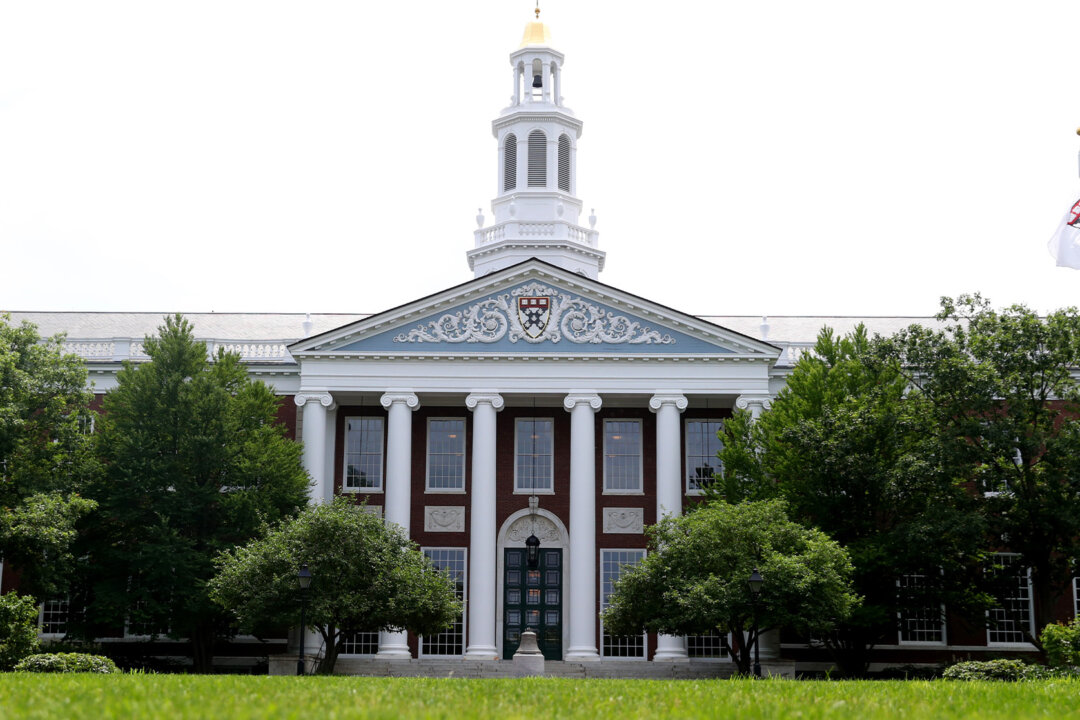A recent court decision has garnered attention as a federal judge decided to keep a temporary block on the Department of Homeland Security’s move against Harvard University. The case revolves around the revocation of Harvard’s certification under the Student and Exchange Visitor Program, which is crucial for enrolling international students. Initially, the Trump administration seemed poised to revoke this certification swiftly, but they shifted gears, opting for a more measured administrative approach.
Harvard claimed that the administration’s actions were a retaliatory move against the university for exercising free speech. This legal battle highlights the tension between higher education institutions and government policies, especially concerning international students. Harvard’s legal team and the Department of Justice were prepared for a courtroom showdown, but the administration’s change in stance altered the course of events.
The Trump administration’s decision to opt for a prolonged administrative process reflects a more strategic approach. It appears they recognized the complexities involved in directly confronting a prestigious institution like Harvard. This move might also be seen as an attempt to ensure that all procedural aspects are meticulously followed.
Conservative commentators have pointed out that upholding proper procedures aligns with the principles of fairness and justice. They argue that it is crucial to allow institutions ample opportunity to respond to government actions. This perspective resonates with the broader conservative belief in upholding institutional integrity and due process.
Fox News reported that this case emphasizes the importance of maintaining a balance between national security and educational freedom. The network highlighted the potential impact on international students, who contribute significantly to the academic and cultural fabric of American universities. The temporary block serves as a reminder of the need for careful deliberation in policy decisions affecting education.
The New York Post added that the issue of foreign students is deeply intertwined with broader immigration policies. They noted the administration’s commitment to ensuring that educational institutions comply with national security requirements. This case underscores the ongoing debate about the role of foreign students in American higher education.
Supporters of the Trump administration’s approach argue that it is essential to scrutinize institutions that host international students. They believe that this is part of a broader effort to safeguard American interests. The decision to pursue a more comprehensive administrative review demonstrates a commitment to thoroughness and accountability.
Newsmax highlighted the significance of adhering to legal procedures in disputes involving prominent universities. They emphasized the broader implications of this case for other institutions facing similar scrutiny. This situation serves as a precedent for how such matters might be handled in the future.
The temporary block provides Harvard with an opportunity to present its case comprehensively. It allows for a more detailed examination of the issues at hand, fostering a transparent and fair process. This aligns with the Reagan-era emphasis on integrity and adherence to established rules.
Conservative voices have expressed support for the administration’s revised approach. They see it as a prudent way to address the complex dynamics between government oversight and educational autonomy. This perspective reinforces the need for a balanced and measured response to institutional challenges.
The importance of maintaining a fair and open process cannot be overstated. It ensures that all parties involved have the chance to present their arguments and evidence. This approach reflects the values of transparency and justice that are central to conservative ideology.
Harvard’s situation serves as a reminder of the challenges faced by educational institutions in navigating government regulations. The university’s ability to enroll international students is a vital aspect of its global mission. This case highlights the delicate balance between institutional independence and regulatory compliance.
The decision to extend the temporary block underscores the need for a thoughtful and deliberate approach. It provides an opportunity for all stakeholders to engage in meaningful dialogue. This process is essential for reaching a resolution that respects both national security and educational freedom.
Supporters of a cautious administrative review argue that it is imperative to protect the integrity of the educational system. They believe that such measures are vital for ensuring that institutions operate within the bounds of the law. This case serves as a testament to the importance of vigilance and oversight in higher education.
The ongoing legal proceedings are being closely watched by other universities. They are keenly aware of the potential implications for their own operations. This situation underscores the interconnectedness of policy decisions and institutional practices in the realm of education.
The debate surrounding Harvard’s case continues to unfold, with both sides presenting their arguments. The outcome will likely have far-reaching consequences for the relationship between universities and the government. This case remains a focal point for discussions on educational policy and institutional accountability.



